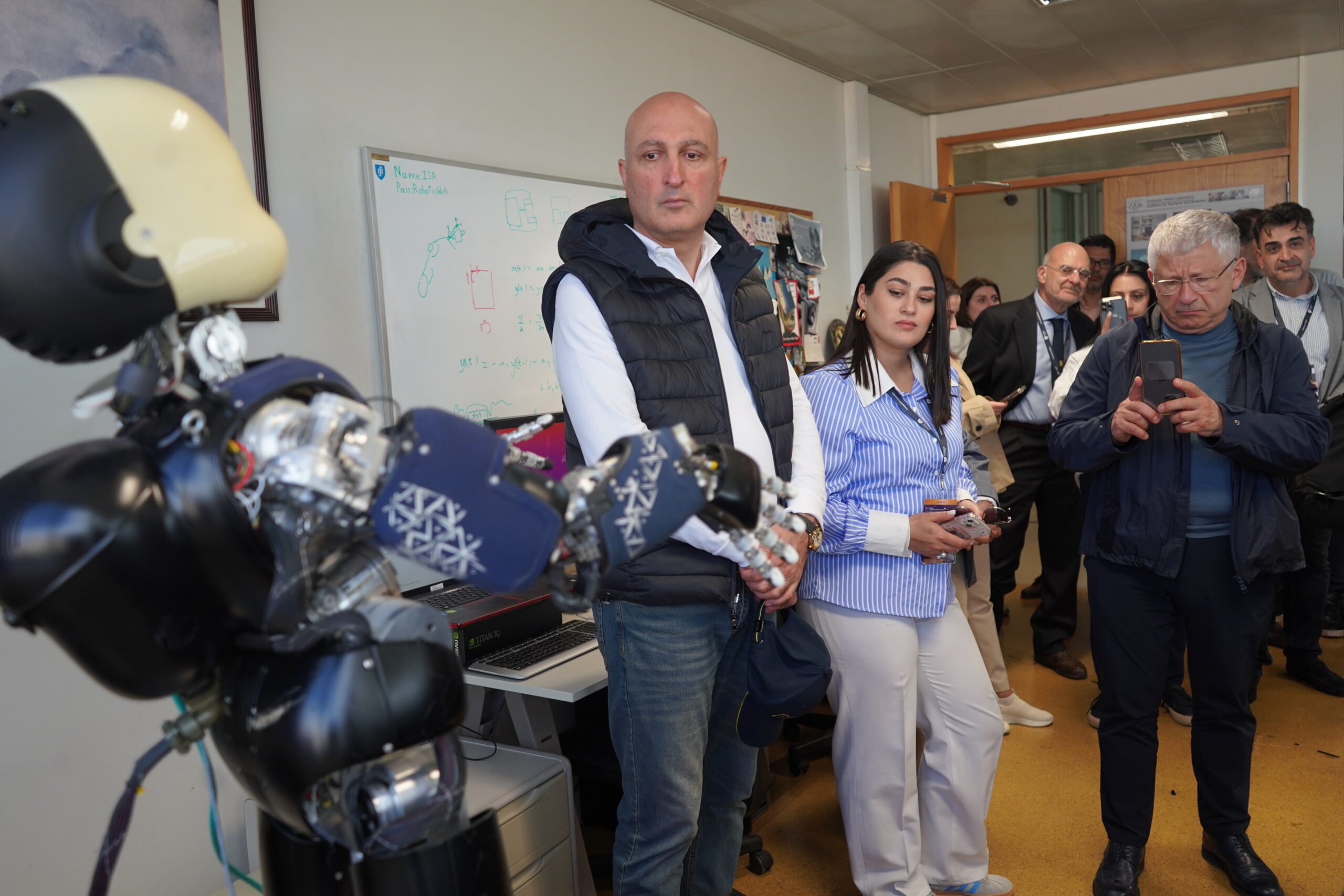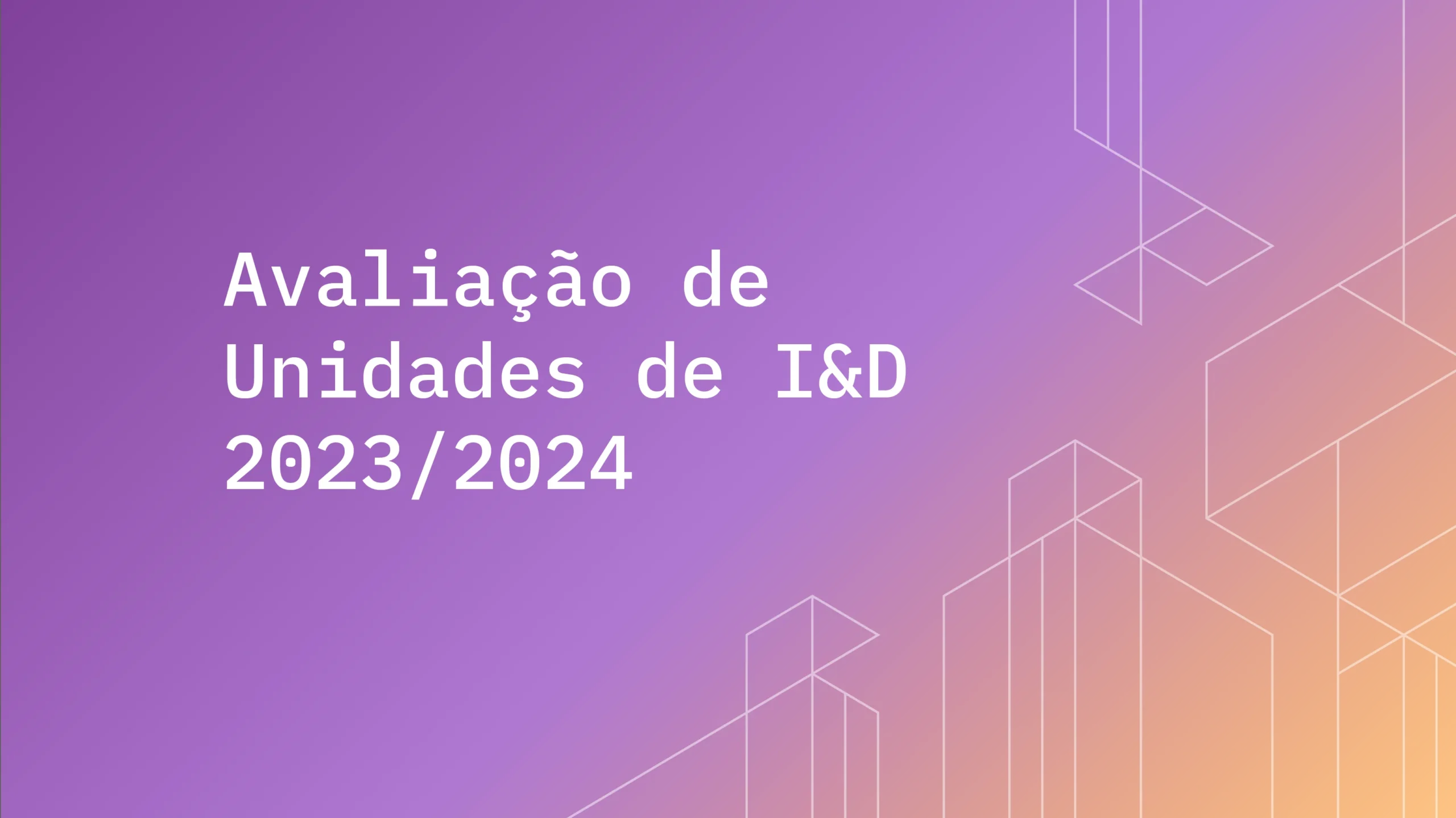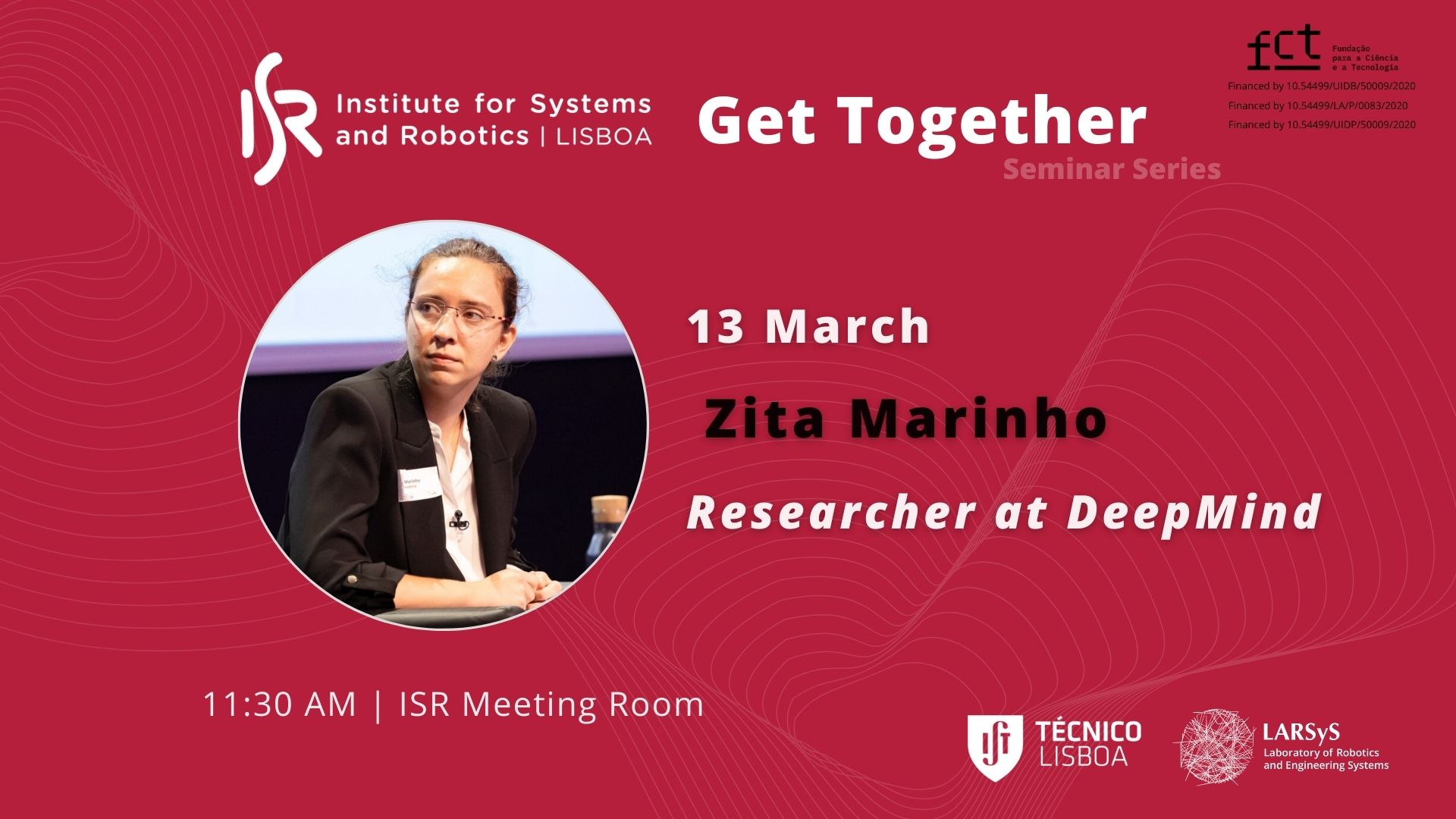April has brought several cross-institutional exchanges to ISR-Lisboa, with visits from Italy’s Università eCampus and Portugal’s own Champalimaud Centre for the Unknown—each bringing fresh perspectives on education, research, and innovation.
On April 8 we welcomed a team from the Champalimaud Foundation, including Joe Paton, Director of Neurosciences Research. The visit featured a talk by researcher Caroline Haimerl, who presented her work titled “Inverse modeling for embodied intelligence.” Her research explores how goal-directed behavior in animals can inspire machine learning systems that better reflect the embodied, sensorimotor experience of the brain. Snoonhe argued that action prediction rooted in real-world experience may be the key to developing internal models that generalize across tasks—a leap forward for both neuroscience and AI.
Later in the month, a delegation from eCampus Academy visited Técnico to share their innovative model for career-aligned training. The Italian university showcased its post-diploma and postgraduate pathways, crafted in sync with labor market trends mapped by Italy’s Ministry of Labour. These programs are delivered via blended learning methods and include continuous staff training certified by digital badges, providing transparency on skills acquired.
Both visits highlighted a growing interest in bridging academic training with real-world applicability, whether through biologically inspired AI models or tailored educational pathways designed to boost employability. ISR-Lisboa is actively engaging in these conversations, reinforcing its commitment to forward-thinking education and research collaboration.
